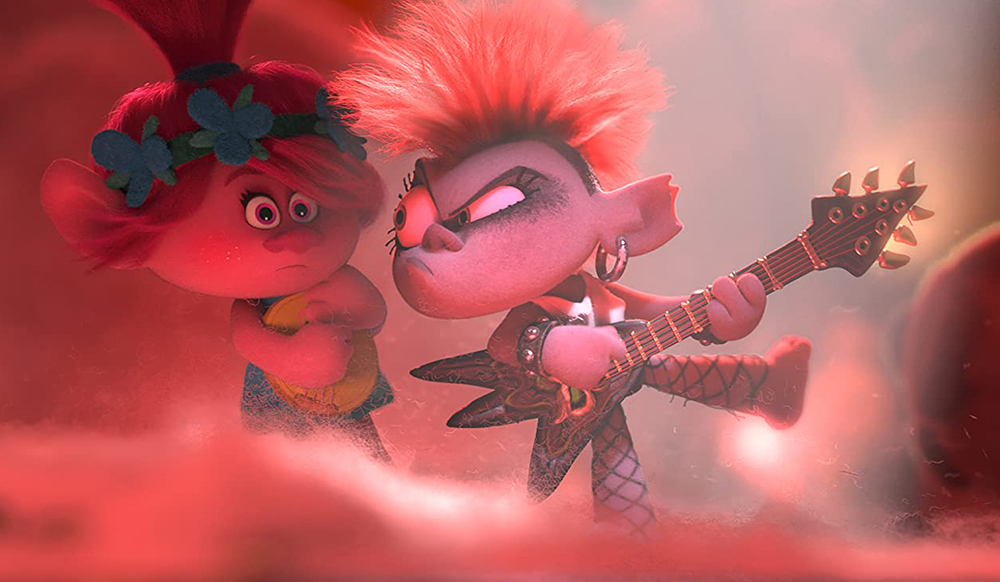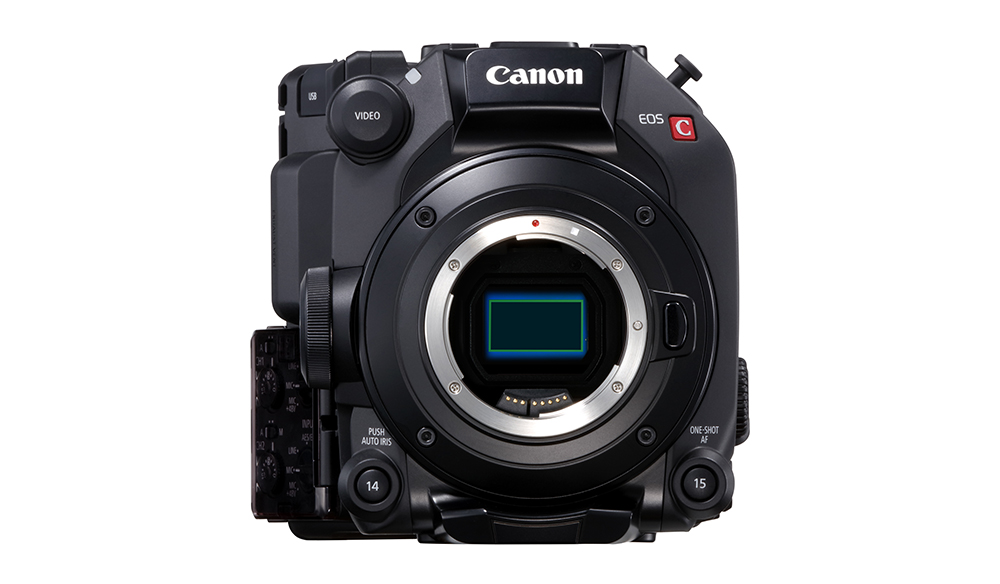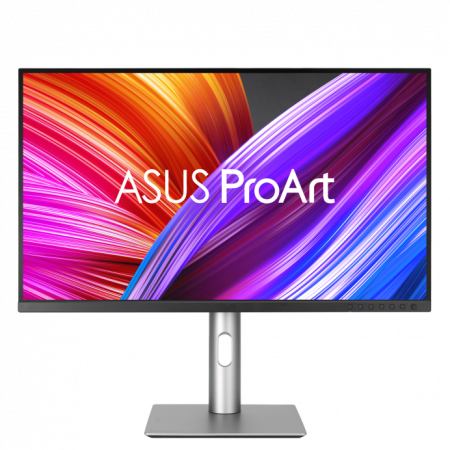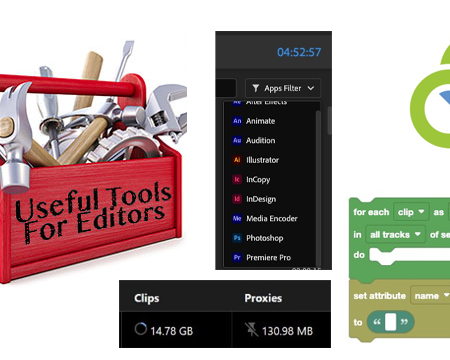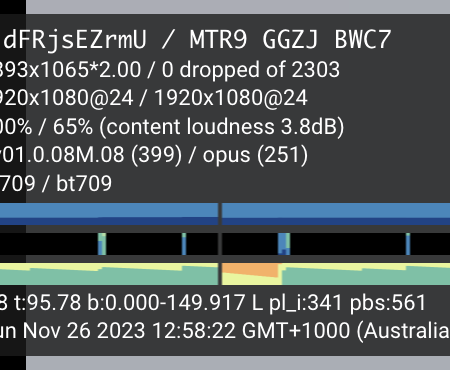To UV or not to UV. Let’s explore the pros and cons of UV filters, and when and how it can be your best friend.
Are you team UV filter or against it? The debate surrounding UV filters is just as heated as the Sony vs. Canon argument. Some photographers swear by it, while others argue that it’s a waste of time and can even hinder image quality. So, what’s the deal with UV filters?
Why Use a UV Filter?
Back in the day of shooting with 35mm film, UV light was a real issue. When photographing in bright sunlit conditions, the colors in the photos would often have a slight blue cast or washed-out hues. To combat this, photographers would use a UV filter to minimize the UV light and produce more accurate colors. UV filters were also helpful in the early days of digital cameras when sensors couldn’t fully render UV light.

However, with modern digital sensors and RAW processing, UV light is no longer a significant issue. Current sensors filter UV light better than any filter attached to the lens, making a UV filter on a modern DSLR or mirrorless camera nothing more than an extra piece of glass on your lens. So, why use one?
The Argument for . . .
While a UV filter may not do much in terms of modern technology, many photographers still use it to protect their lens. A clear UV filter can protect the front element of a lens from scratches, dirt, liquid, and dust. After investing in an expensive lens, the last thing you want is to accidentally scratch the front element and have to pay for a costly repair. Plus, every time you clean your lens, you’re creating micro-abrasions that can degrade the lens quality over time. A UV filter is easier to clean and cheaper to replace than a new lens or repair cost.

The Tl;dr: A UV filter can protect your lens from scratches, dirt, liquid, and dust, and is easier to clean and cheaper to replace than a new lens or repair cost.
The Argument Against . . .
Some argue that attaching an ineffective filter can hinder the purest quality photograph. Any additional glass or filter on top of the lens is just another element the light has to pass through, which can result in a reduction in light. While the reduction may be minimal, it’s still a reduction.
Ultimately, the decision to use a UV filter comes down to personal preference and shooting style. If you’re someone who values lens protection and doesn’t mind a slight reduction in light, a UV filter may be your best friend. But if you prioritize the purest quality photograph and don’t want anything hindering it, then skip the UV filter.
Are UV filters worth the investment? It all depends on the quality of the filter you choose. A budget filter may seem like a good deal, but it can result in a color cast and other defects that will require post-correction. On the other hand, an expensive filter that’s been properly engineered can minimize all possible image defects. Take a look at the comparison between a no-filter image and one taken with a $130 B+W Nano Coated UV Haze Filter. Can you spot any differences? Me neither.
But, there’s another argument against UV filters: the possible inclusion of ghosting and flares in bright circumstances. Even multi-coated filters may fall victim to flaring at the right angle. So, the debate continues: to UV or not to UV? Ultimately, it comes down to the necessity of being prepared if an accident were to happen. Accidents happen, and while modern lenses are incredibly resilient, the likelihood of severely scratching your front element is low. But, it’s that element of “what if it did?” that makes some photographers opt for UV filters.
Personally, I’m in the camp of using UV filters for my expensive lenses. I use the B+W Nano Coated UV Haze Filter, which has a 99.8% light transmission and multiple layers of anti-reflection coating to prevent internal ghosting. For me, losing 0.2% of light is worth the peace of mind in knowing my lens has that extra layer of protection.
So, whether you choose to use a UV filter or not, it’s important to weigh the pros and cons and make an informed decision. And, as always, be prepared for accidents.Discover the Best Variable ND Filters of 2020! Upgrade your photography game with a range of cinematic lens filters that won’t break the bank. Explore the world of manipulating the invisible spectrum with ND filters and take your creativity to the next level. Don’t miss out on this opportunity to enhance your skills and capture stunning shots.


